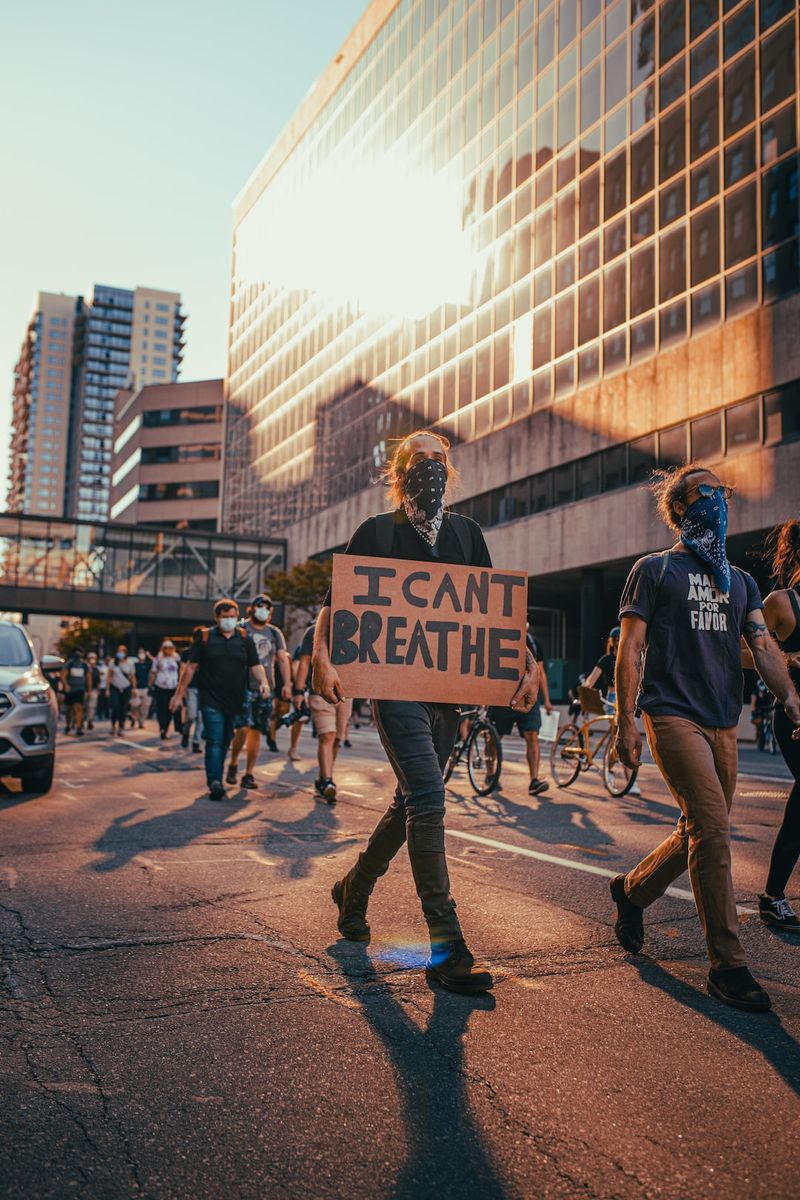Table of Contents
Amnesty International: Kuwait Discriminating Against Native But Stateless Bidun Children in Education
The Kuwaiti government is facing accusations of discrimination by Amnesty International for failing to provide equal and free education to native but stateless Bidun children in the country. In a new report titled “I Don’t Have a Future”: Stateless Kuwaitis and the Right to Education, Amnesty International highlights how the government forces Bidun children to pay for private education that is considered inferior to the free government schools attended by Kuwaiti citizens.
Statelessness and Discrimination
Bidun children are born into statelessness in Kuwait, often to parents and grandparents who were also born in the country but are not recognized as Kuwaiti nationals by the government. This statelessness renders them subject to a host of socio-economic disadvantages. Despite Kuwait being a party to several international treaties recognizing the right of all children to receive free and equal education without discrimination, the authorities refuse to guarantee this right for Bidun children.
The Kuwaiti government has treated the Bidun population as “illegal residents” since 1987, denying them access to free government schools attended by Kuwaiti children. This policy has been deemed as clear discrimination by Heba Morayef, Amnesty International’s Regional Director for the Middle East and North Africa. The report is based on interviews conducted with Bidun children and families, as well as a review of Kuwaiti laws and policies and submissions to UN bodies.
Forced into Inferior Private Schools
Kuwait offers free primary and secondary school education to recognized Kuwaiti nationals in government schools, as well as paying for higher education for those who attain the required grades. However, Bidun parents and children described their experiences in private schools as inadequate, with overcrowded classrooms, ill-equipped facilities, and a lack of resources. Families are required to pay a significant portion of their incomes for these private schools.
The Struggle of Bidun Children
Amnesty International spoke to Bidun children who live just across the street from a free government school but are forced to attend a for-profit school more than two kilometers away, which they described as unclean and in poor condition. Bidun parents expressed difficulties in affording these private schools, with some unable to send their children to school every year due to financial constraints. This has resulted in instances where at least one member of a family did not receive an education.
Restricted Access to Higher Education
While recognized Kuwaiti nationals have access to free education at Kuwait University and are eligible for support to study abroad, Bidun students face significant obstacles. They are only admitted to Kuwait University under a relatively small admissions quota and must possess a valid government ID card. Many Bidun individuals do not register with the government agency that issues these cards or cease renewing them because of concerns that the agency may arbitrarily assign them another nationality.
Editorial and Advice
The discrimination faced by Bidun children in Kuwait is a concerning human rights violation and deserves immediate attention from both the Kuwaiti government and the international community. The right to education is a fundamental human right that should be accessible to all children without discrimination.
The Kuwaiti government must take immediate action to ensure that Bidun children have equal access to quality education. This includes providing them with the same educational opportunities available to recognized Kuwaiti nationals in free government schools. The substandard conditions and lack of resources in private schools that Bidun children are currently forced to attend must be addressed.
In addition to addressing the immediate issue of education, the Kuwaiti government must also work towards addressing the statelessness of the Bidun population. Ending their statelessness is the ultimate resolution to the plight of the Bidun and would provide them with equal rights and opportunities in all aspects of life, including education.
The international community should put pressure on Kuwait to uphold its legal obligations under international treaties, including the International Convention on the Elimination of All Forms of Racial Discrimination, the Convention on the Rights of the Child, and the International Covenant on Economic, Social, and Cultural Rights. Support from international organizations and diplomatic engagement can help raise awareness of this issue and encourage Kuwait to take the necessary steps to end discrimination against the Bidun population.
The plight of Bidun children in Kuwait is a stark reminder of the importance of addressing statelessness and ensuring equal rights and access to services for all individuals, regardless of their nationality or legal status. It is crucial that governments around the world fulfill their obligations to protect and promote the rights of all children, and take steps towards eradicating discrimination and statelessness.

<< photo by Josh Hild >>
The image is for illustrative purposes only and does not depict the actual situation.
You might want to read !
- Injustice Behind Bars: The Imprisonment of a Saudi Psychiatrist
- The Struggle for LGBT Rights in Lebanon: Confronting Damaging Anti-LGBT Rhetoric
- Addressing the Crisis in Niger: Ending Illegal Administrative Detentions and Arbitrary Arrests
- Activists’ Victory in US Climate Lawsuit Paves Way for Groundbreaking Human Rights Precedent
- Universal Social Protection: A Path Towards Stability in the Middle East and North Africa
- Why the IMF Should Play a Role in Expanding Nepal’s Child Grant Program
- Ensuring the Safety and Security of Pakistan’s Christian Minority: A Call to Action
- Release Walid Daqqah: A Call for Justice in Israel/OPT
- China’s Battle Against Anti-Black Racism in the Cyberspace